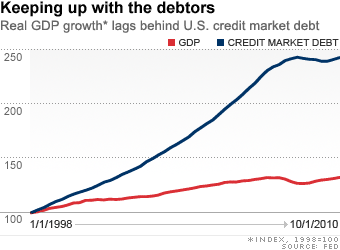An article about how just changing the name of a food made people perceive it as healthy, or not, and then to go ahead and eat it accordingly to their diet plan. To me this study brings up the idea of framing, where you can create a mental frame work around an event -such as work, or a tragedy, to make the event a constructive or "learning" experience. It also brings to mind euphemisms and marketing that masks something with a clever name. The next time you are faced with a difficulty, just rename it "Joylicoius."
Participants in one study were presented with a mixture of vegetables, pasta, salami, and cheese, served on a bed of fresh romaine lettuce. The item was either identified as "salad" or "pasta." When it was called pasta, dieters perceived it as less healthy. In another study, participants were given samples of a product, which was labeled either "fruit chews" or "candy chews." "Dieters perceived the item with an unhealthy name (candy chews) to be less healthful and less tasty than non-dieters," the authors write. As a result, dieters consumed more
Participants in one study were presented with a mixture of vegetables, pasta, salami, and cheese, served on a bed of fresh romaine lettuce. The item was either identified as "salad" or "pasta." When it was called pasta, dieters perceived it as less healthy. In another study, participants were given samples of a product, which was labeled either "fruit chews" or "candy chews." "Dieters perceived the item with an unhealthy name (candy chews) to be less healthful and less tasty than non-dieters," the authors write. As a result, dieters consumed more













